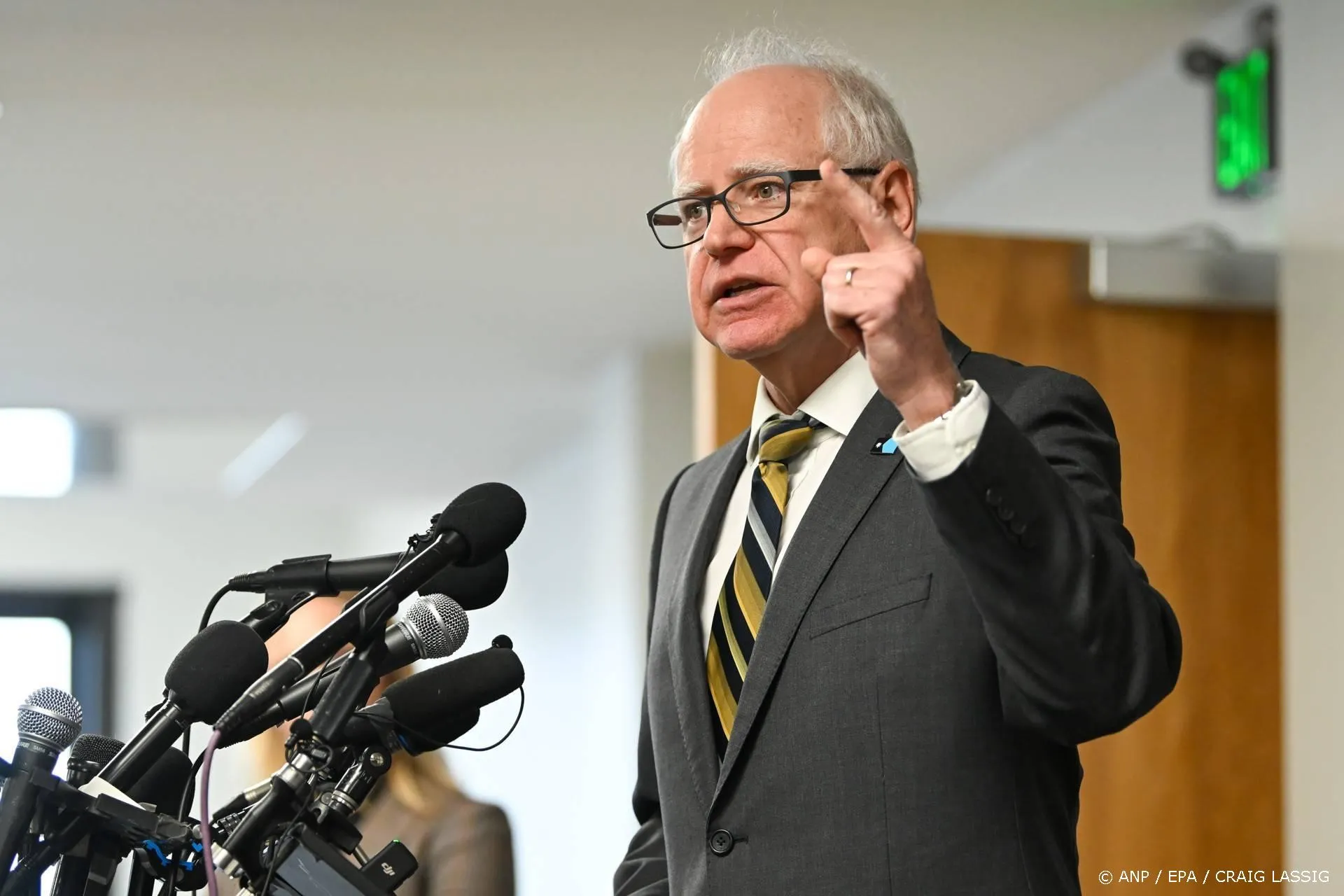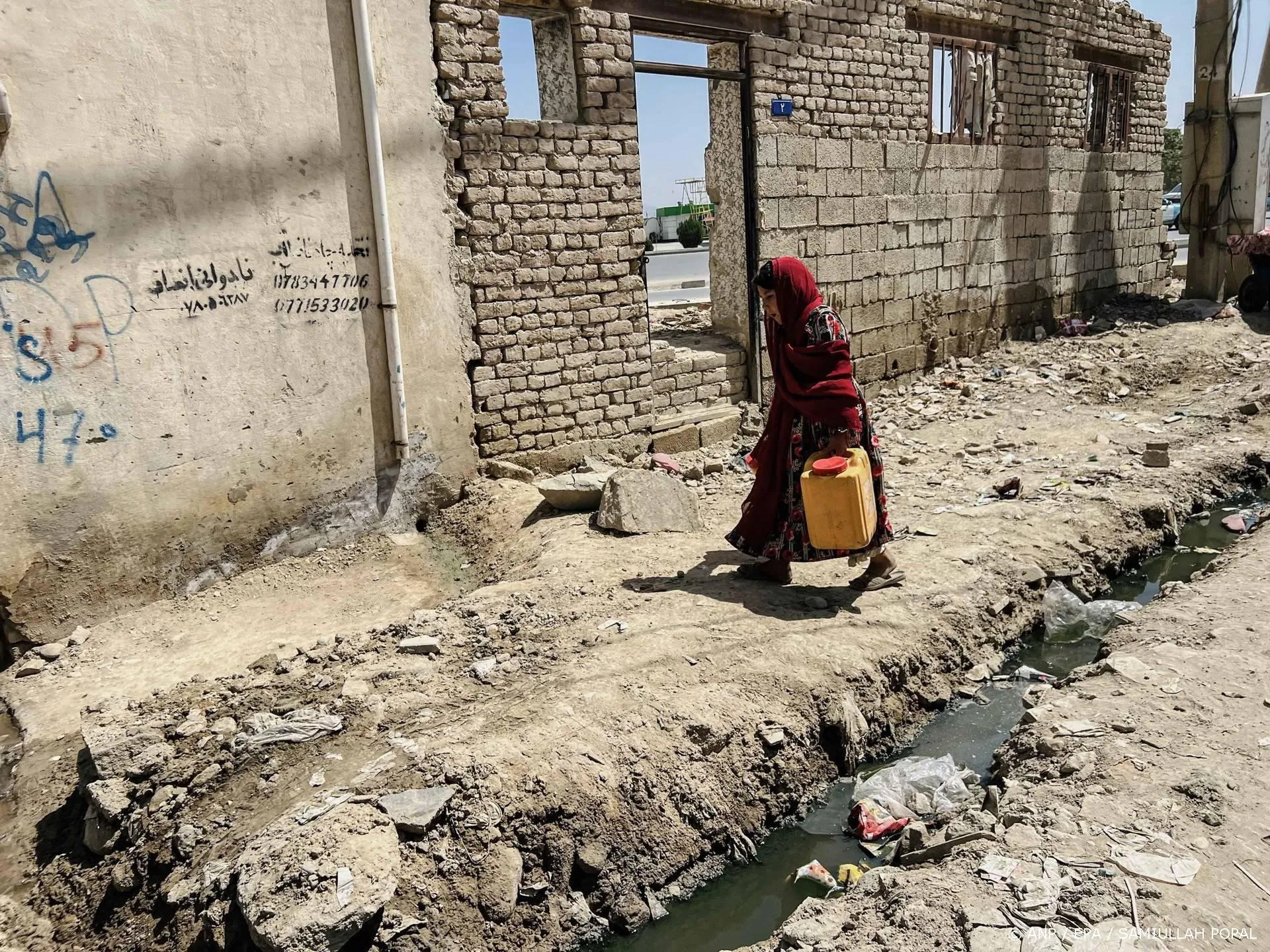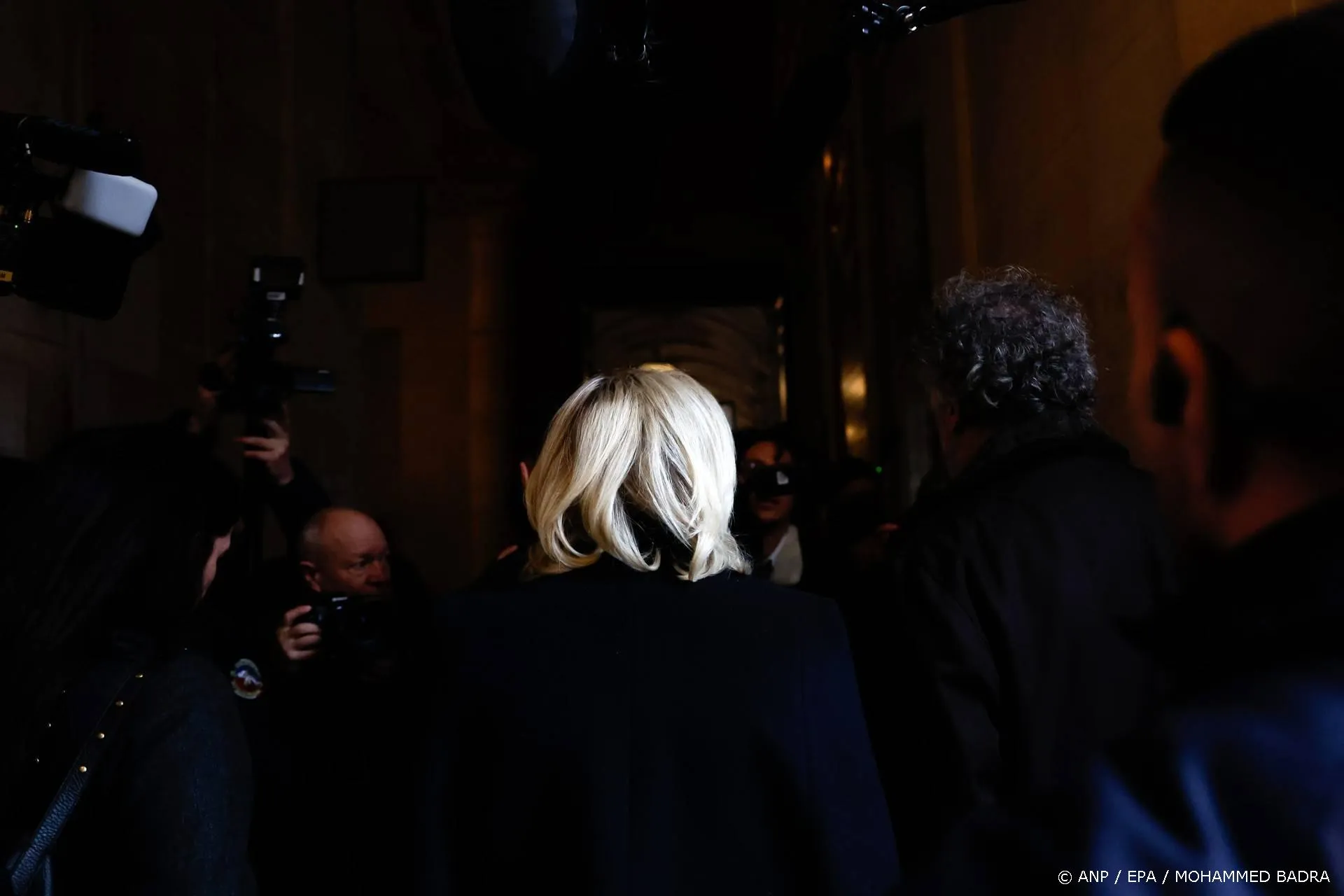Is er nog hoop voor Frankrijk?
In een briljante analyse, waarop The Economist het patent lijkt te hebben, toont het blad aan dat het de verkeerde kant op gaat met Frankrijk, ongeacht wie de verkiezingen wint: Sarkozy of Hollande. Gezien de belangrijke positie van Frankrijk in de Europese Unie, zal dat voor de andere EU-partners niet zonder ernstige, negatieve gevolgen blijven.
In 1977 schreef Milton Friedman een artikel, getiteld: 'The Line We Dare Not Cross: The Fragility of Freedom at 60%.' Hij voorspelde dat als het aandeel van de bevolking dat een deel van zijn inkomen aan de overheid ontleent toeneemt, het vermogen om de groei van de overheidssector te beperken afneemt. Op een gegeven moment zal er een omslagpunt worden bereikt en zullen pogingen om de omvang en het speelveld van de overheid te beperken geen succes meer hebben. Dan zal het economisch systeem thans nog de (sociale) markteconomie overgaan in 'welfare state statism', dat tot permanente malaise zal leiden.
Frankrijk bevindt zich griezelig dicht bij dat kantelpunt. Voor zover de presidentskandidaten zich daarvan al bewust zijn, bieden zij geen enkele oplossing om dit gruwelscenario te voorkomen.
In mijn loopbaan heb ik heel wat Franse topeconomen ontmoet, die zich al vele decennia geleden terdege van de ernst van de situatie bewust waren. Zij verzekerden mij steeds weer dat er plannen klaar lagen om het tij te keren. Tot dusver is het er echter niet van gekomen. De situatie is alleen maar erger geworden. Het dansen op de vulkaan duurt voort.
Onder de titel, An Inconvenient Truth (hoe zouden ze toch op die titel zijn gekomen?), schonk The Economist aandacht aan de deplorabele toestand waarin de Franse economie zich bevindt.
Ik pik er een aantal citaten uit:
The awkward truth is that France, the second-biggest economy in the euro zone after Germany, faces a public-finance squeeze. French public spending now accounts for 56% of GDP (...), compared with an OECD average of 43.3%: higher even than in Sweden. For years France has offered its people a Swedish-style social model of services, benefits and protection, but has failed to create enough wealth to pay for it.
Today France continues to behave as if it enjoyed Swedens or Germanys public finances, when in truth they are closer to those of Spain. Although France and Germany have comparable public-debt levels, at over 80% of GDP, Germanys is now inching downwards whereas Frances is at 90% and rising. One rating agency has already stripped France of its AAA credit rating over worries about high debt and low growth. The countrys auditor, the Cour des Comptes, chaired by Didier Migaud, a former Socialist deputy, has warned that unless difficult decisions are taken this year and next on spending, public debt could reach 100% by 2015 or 2016.
The underlying problem is that, over the past ten years, France has lost competitiveness. In 2000 hourly labour costs in France were 8% lower than those in Germany, its main trading partner; today, they are 10% higher (...). French exports have stagnated while Germanys have boomed. An employer today pays twice as much in social charges in France as he does in Germany. Frances unemployment rate is 10% next to 5.8% in Germanyand has not dipped below 7% for nearly 30 years.
This erosion of French competitiveness raises hard questions about the underlying social compact. Frenchmen cherish the notion that everyone has an equal right to decent services in good times and a generous safety net in bad. But what sort of level of support, in sickness, joblessness, infancy or old age, can France really afford to offer its citizens? How can the country justify its massive public administrationa millefeuille of communes, departments, regions and the central statewhich employs 90 civil servants per 1,000 population, compared with 50 in Germany? How can France lighten the tax burden, including payroll social charges, so as to encourage entrepreneurship and job creation? ...
The real risk for the euro zone now is not Greece, but France, says a top French finance boss. Nicolas Baverez, a commentator who foresaw the countrys looming debt problems in a bestselling book of 2003, agrees: Im convinced that France will be the centre of the next shock in the euro zone.
The candidates, however, are masterfully managing to duck all this.
Zij maken omtrekkende bewegingen en bekvechten over secundaire problemen, maar zwijgen over de fundamentele moeilijkheden waarmee Frankrijk wordt geconfronteerd. Traditiegetrouw wil de socialist Hollande natuurlijk weer de hogere inkomens aanpakken. Dat dit nauwelijks geld oplevert en de meest ondernemende Fransen het land uitjaagt, lijkt hem worst te wezen.
De Fransen hebben enorm van de globalisering geprofiteerd, maar staan toch in meerderheid vijandig tegenover de markteconomie.
Ordinary French folk seem almost uniquely hostile to these very companies, and to the globalised markets that have helped to make their economy the fifth-largest in the world. Only 31% of the French agree that the free-market economy is the best system available, according to a poll by Globescan, a polling firm (...); across ten years of polling, the French have consistently been among the most distrustful of capitalism. This is the France that voted no in 2005 to the draft European Union constitution, amid fears about Polish plumbers flooding into France under single-market rules. And this is the France that made a book calling for deglobalisation a bestseller last year.
The French live with this national contradictionenjoying the wealth and jobs that global companies have brought, while denouncing the system that created thembecause the governing elite and the media convince them that they are victims of global markets. Trade unionists get far more air-time than businessmen. The French have consistently been told that they are the largely innocent victims of reckless bankers who lent foolishly, or wanton financial speculators, or Anglo-Saxon credit-ratings agencies. Mr Sarkozy has called for capitalism to become moral so as to curb such abuse. Mr Hollande has declared that his main opponent is the world of finance. Few politicians care to point out that a big part of the problem is the debt that successive French governments themselves have built up over the decades.
Zoals gebruikelijk vergt het behoorlijk wat kennis en moeite om te ontcijferen wat nu de werkelijk beleidsvoornemens van de kandidaten zijn, en wat slechts voor de 'Bühne' is bedoeld.
All of which leaves voters with the unenviable task of deciphering which part of each candidates message is credible, and which part pure fantasy. The best guess is that both front-runners, for their own political security, would need to put in place a couple of the barmier ideas. This could be damaging enough. In 2007, after equally tough talk about immigration, Mr Sarkozy went ahead and set up a ministry of national identityonly to abolish it later on, having caused much offence along the way. Were a President Hollande to implement his 75% tax ratejust when Britain has cut its top rate from 50% to 45%it would send an untimely message abroad about the way France treats financial success, much as the 35-hour week tarnished the countrys image for years. His overall tax policy would tell aspiring French entrepreneurs that they might be better off launching a good idea elsewhere.
The inconvenient truth is that whoever emerges the victor on May 6th will need to show a tough approach to the deficit, in the face of wary bond markets and possible recession. A President Sarkozy would need to find new budget savings, despite his promise to protect the French from austerity. A President Hollande would be forced to postpone or scrap some of his spending pledges, and would get a taste of German steeliness if he insisted on pushing Chancellor Angela Merkel on the subject of reviewing the fiscal compact. Either way, the result would be a shock for the French, and one that neither candidate has remotely prepared them for.
Lees verder hier.
Zoals ik al in de aanhef schreef: een briljante analyse!
Voor mijn eerdere DDS-bijdragen, zie:
Ga verder met lezen
Dit vind je misschien ook leuk
Laat mensen jouw mening weten
Lees ook
Loading


